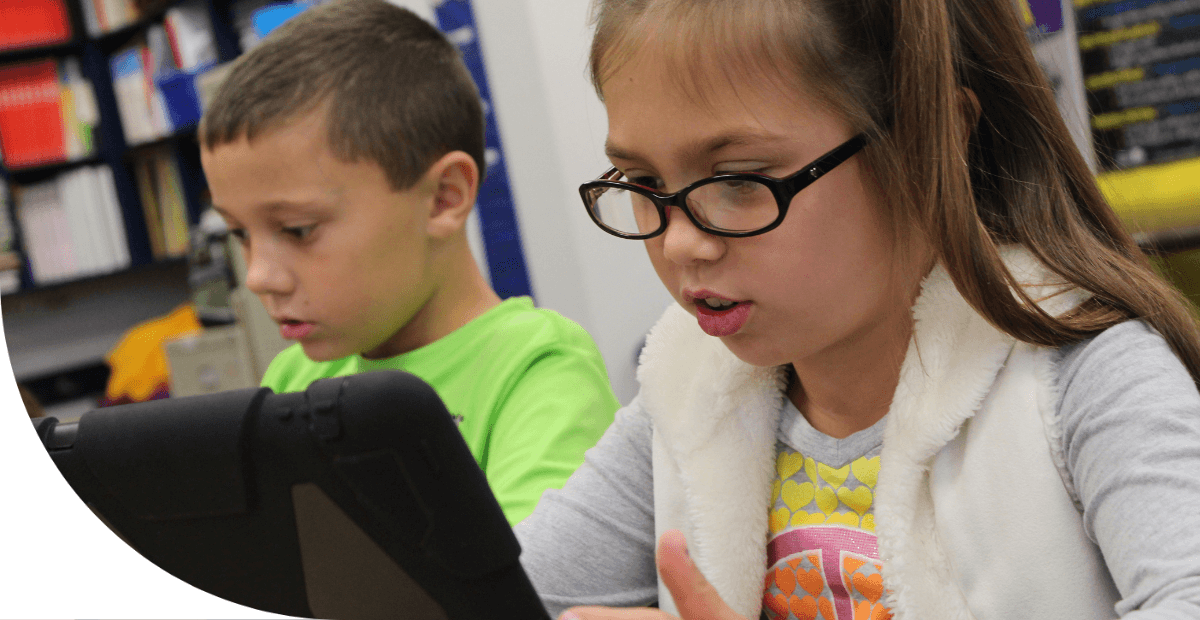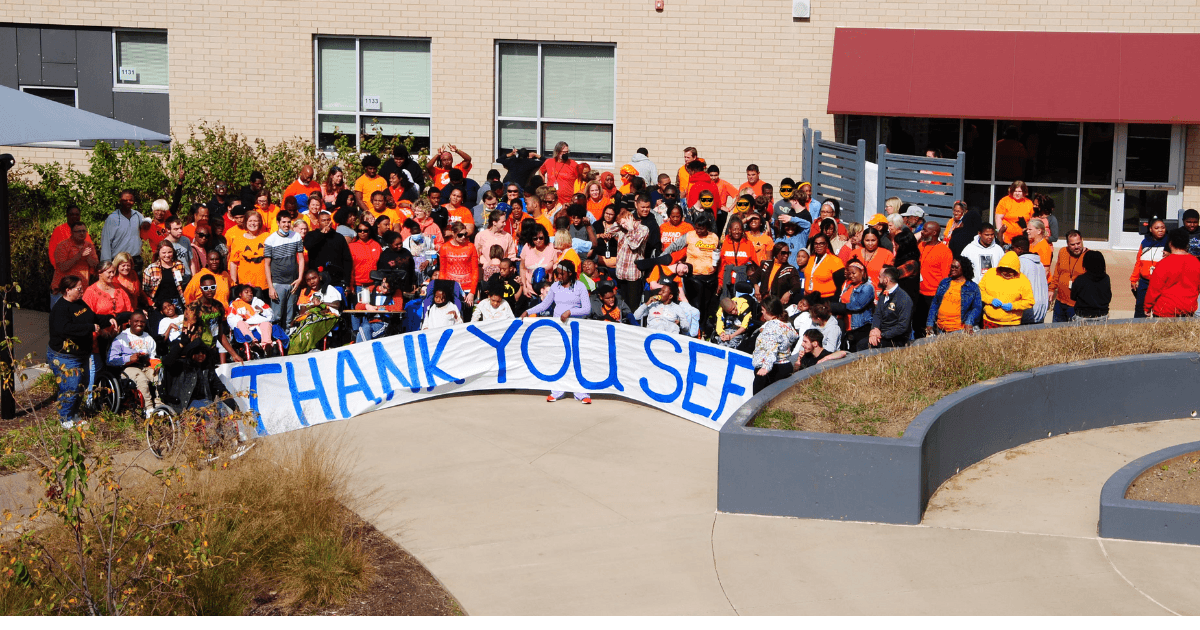
The Special Education Foundation (SEF) is dedicated to improving the lives of students with disabilities by addressing the gaps in perception and communication through our Adaptive and Assistive Equipment program. SEF continually considers funding requests for specialized equipment, which includes:
- Augmentative communication devices
- Adaptive equipment
- Technology items
- Audiology devices and eyeglasses
Thanks to a generous grant from the Tilles Foundation, SEF is also able to extend support to students up to 21 years of age who are in their final year of education with SSD and are transitioning out of the school system. This transitional period can be particularly challenging for students with disabilities, as they often need to acquire expensive equipment to continue their education or enter the workforce.
The grant enables SEF to provide financial assistance for essential adaptive tools such as augmentative communication devices, adaptive computer equipment, and other specialized technology.
Adaptive equipment plays a vital role in this regard, enabling students to interact more effectively with their environment, communicate their thoughts and needs, and participate more fully in educational and social activities. For example, augmentative communication devices allow non-verbal students to express themselves, fostering greater independence and improving their ability to engage with peers and educators. Similarly, adaptive technology can be tailored to meet the specific needs of each student, whether through customized computer interfaces or specialized hearing and vision aids.
Hearing aids and eyeglasses are crucial tools that significantly enhance the learning experience for students with disabilities in a school setting. The Special Education Foundation (SEF) provides these specialized audiology devices and eyeglasses to students aged 3-21 years served by SSD.
Hearing aids amplify sound, enabling students with hearing impairments to better engage in classroom discussions, follow instructions, and participate in social interactions. Eyeglasses improve vision, allowing students with visual impairments to read, write, and access educational materials more effectively.
Teachers, case workers, or specialists initiate the application process to be considered for funding. Financial need remains a central criterion in the evaluation process, ensuring that resources are allocated to those who require them the most.
Visit our website for more information on the Adaptive and Assistive Equipment program. For questions, please contact Program & Communications Manager Shannon Benedek at Shannon@sef-stl.org. The Special Education Foundation remains committed to empowering students with disabilities, helping them achieve greater independence, and enhancing their quality of life through the provision of adaptive equipment.

